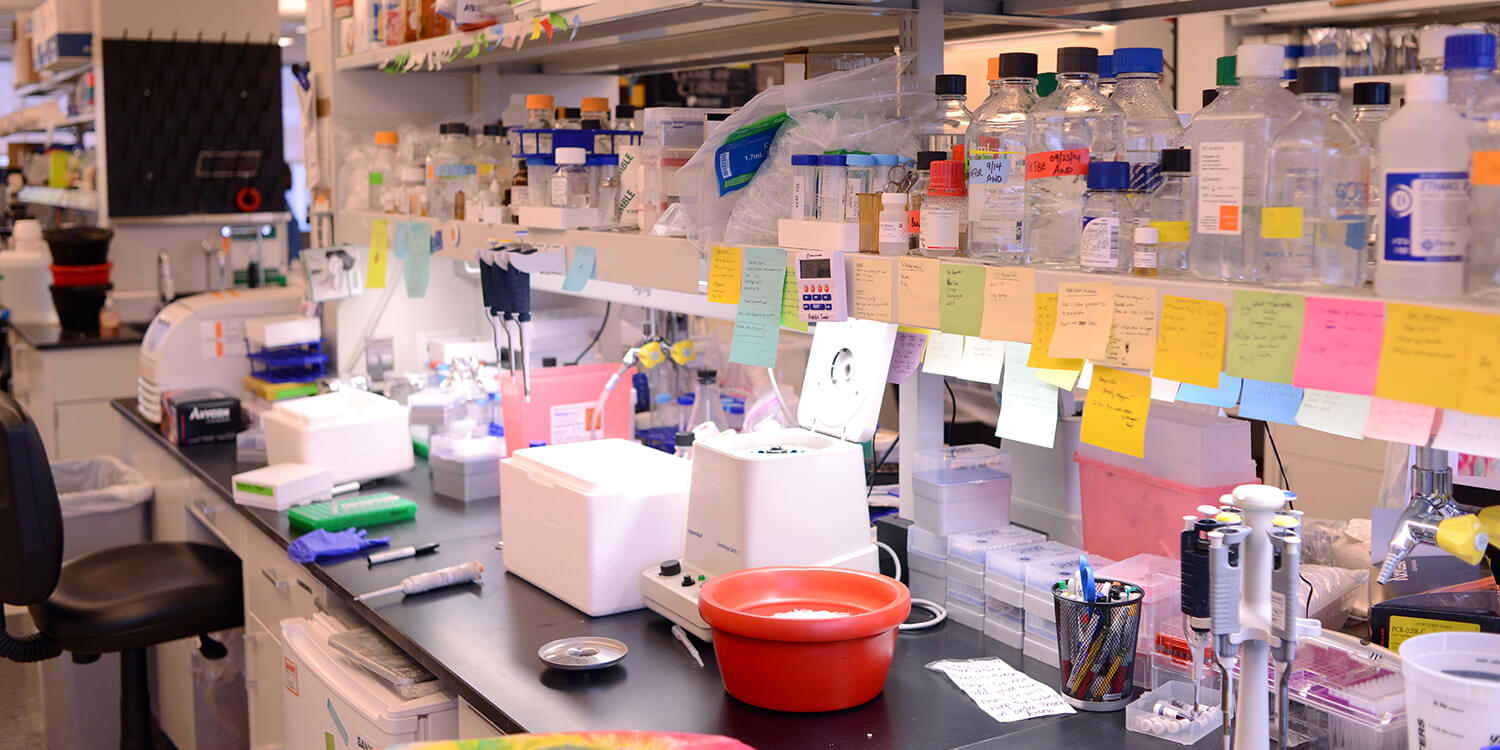Everything You Need to Know About Veterinary Labs for Pets
Everything You Need to Know About Veterinary Labs for Pets
Blog Article
Taking care of your pets’ health, routine health checkups is a top priority. Labs specializing in pet care detect hidden conditions for household pets.
In the following discussion, we’ll examine the role of animal health testing and review common procedures.
What Are Veterinary Laboratories?
Animal diagnostic labs specialize in processing samples to assist veterinarians. They integrate modern methods to support better medical decisions.

Main purposes of veterinary labs include:
- Early detection of illnesses: Prevents conditions from escalating.
- Monitoring ongoing conditions: Supports long-term health strategies.
- Evaluating care plans: Boosts recovery rates.
Common Veterinary Tests for Dogs and Cats
Diagnostic centers for pets conduct various tests to identify potential problems. Popular exams include:
- Biochemical testing: Assess organ function.
- Urinary tract exams: Spot bladder issues.
- Parasite screenings: Ensure proper gut function.
- Allergy panels: Help with skin irritations.
- Advanced imaging scans: Detect internal injuries.
The Benefits of Regular Veterinary Testing
Ongoing health assessments ensures proactive care. With early warning signs identified, they stay happy and healthy.

Why these tests matter include:
- Improved longevity: Ensuring effective care helps pets remain active and happy.
- Preventative savings: Minimizing long-term expenses saves resources down the road.
- Confidence in their well-being: Stay informed about their health.
laboratórios veterinarioslaboratório diagnóstico veterinário
laboratorio para exames de animais
Conclusion: The Value of Veterinary Labs for Pet Health
Veterinary laboratories are an invaluable resource in ensuring your dog or cat’s well-being. By scheduling regular tests, you stay ahead of potential health issues.
Talk to your veterinarian about testing options to ensure their health for years to come!
Report this page